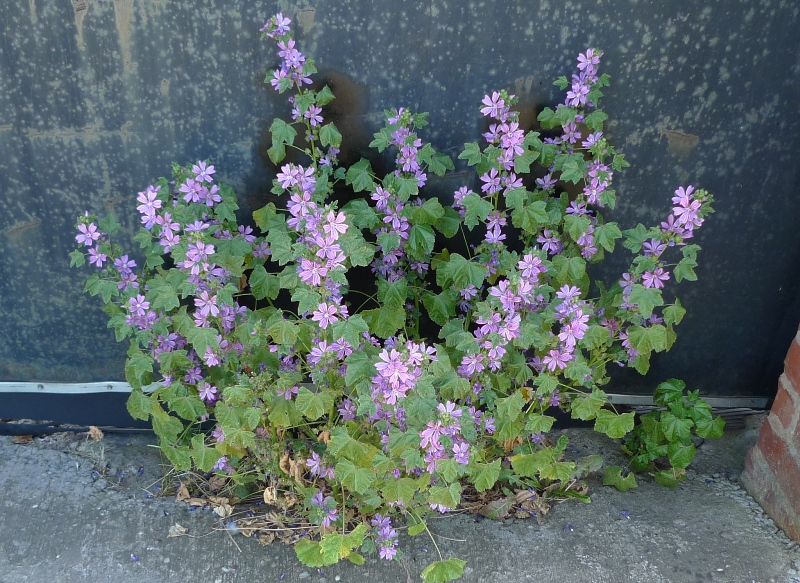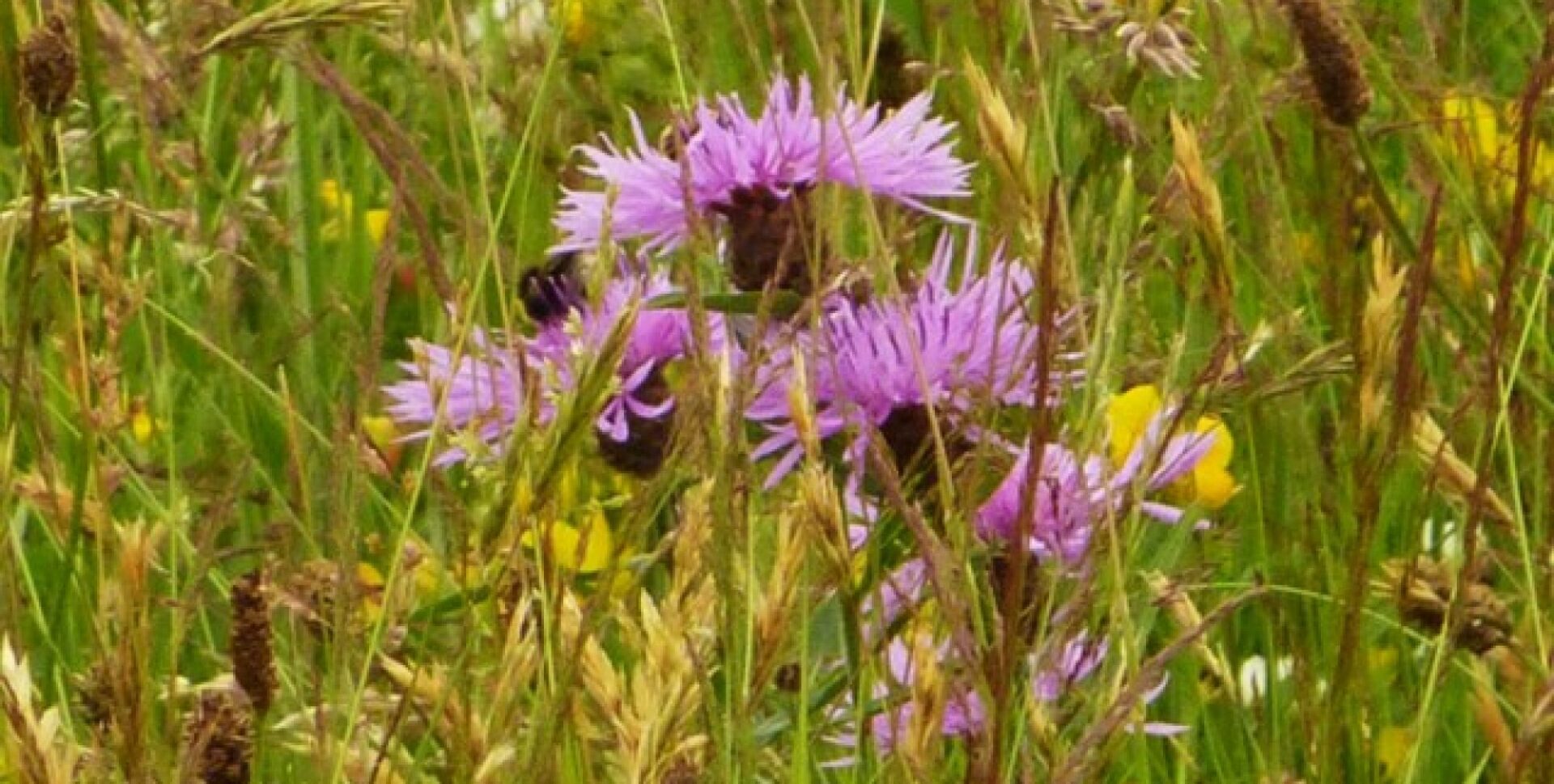
I was inspired to write up about the Mallows this week as I have many seedlings of the Common Mallow below a large mother plant on my allotment and I noticed that my opposite neighbour also had some. When I spoke to her she was just about to dig some large specimen up and told me she had several all over her allotment too. So this lovely, innocent looking plant can be a little invasive!
The Malvaceae includes the easy recognisable, pink flowered Mallows as well as our Lime trees. This seems very unlikely as they do not resemble each other in the slightest and therefore they have often been separated into the Tiliaceae as for example in the Wild Flower Key by F. Rose. However according to Stace the molecular evidence shows that genus Tilia should be united in the Mallow family. As there are too many Mallows to write about I will cover the Limes in a next post!
Most information is again from various websites or books and floras for which are provided links throughout the text for some more information. If you are very interested in this family it is worth getting the Mallow notebook through the fabulous Eatweeds.co.uk. It has a lot more descriptions about the individual Mallows as well as good pictures for identification.
I use colour coding for easy reading! Blue background is general interesting info (although I hope you find it all interesting!!). Green is about all the uses except for medicinal uses or if there is a warning in which case I use a pink background. Pictures by Matt Summers unless stated.
Contents:
Mallows in the Malvaceae
Sidalcea malviflora or Greek Mallow
Malva sylvestris or Common Mallow
Malva neglecta or Dwarf Mallow
Malva moschata or Musk Mallow
Malva arborea or Tree-mallow
Althaea officinalis or Marshmallow
